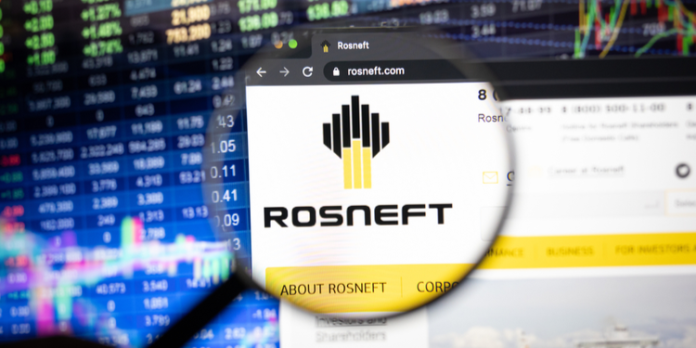Hackers claim to have wiped several dozens of Apple devices, penetrated deep into the company’s administrative systems, and obtained image copies of employee notebook drives.
The German branch of the loosely knit collective Anonymous claims they’ve breached the German subsidiary of Russia’s state oil company Rosneft.
Local media reported that Rosneft approached the country’s BSI cybersecurity watchdog, indicating that the data breach has indeed happened.
Rosneft is the third-largest German oil refining market player with deep political ties to German elites. Former German chancellor Gerhard Schröder is Rosneft’s chairman of the board.
Hackers claim to have targeted Rosneft in Germany because of the powerful lobbying against sanctions for Russia over its invasion of Ukraine.
“Anonymous hacktivists have succeeded in gaining access to Rosneft Germany’s servers and tapping large amounts of data. In the process, they penetrated very deeply into Rosneft Deutschland’s systems. So deep, in fact, that they easily found backups of employees’ and executives’ laptops,” hackers claim.
Screenshots attached to the statement indicate that hackers have gained administrative rights to some of Rosneft’s German unit services. Hackers also claim to have hard disk images of employee devices, hard disk images of the mail server, various company documents, and other information.
The attack appears to have wiped 59 Apple devices and ‘redesigned’ other company devices.
People behind the breach claim they have no intention of leaking all the data. Primary targets are politicians and lobby groups and their dealings behind closed doors.
“What is already certain is that this data will not be leaked publicly.
Because the effect of a public leak would be less than the profit that competitors could make from it. So … as Anonymous Germany always does: take a quiet look and get people to objectively sift through what data is there,” hackers claim.
Security experts told the German newspaper Spiegel that the attack penetrated deep into the system and could have caused the control functions to crash.

Russian invasion
On the night of February 24, Russian forces invaded Ukraine. In light of the attack, the hacker community started rallying to help Ukrainians.
With Anonymous being the most prominent one, numerous hacker groups and researchers partake in various campaigns to help Ukraine.
Cyber activists targeted Russian state-controlled media outlets TASS, Kommersant, Izvestia, Fontanka, and RBC, pushing them offline.
An unknown group has set up a website tool that allows people to participate in distributed denial of service (DDoS) attacks against Russian websites that it claims are spreading disinformation.
Others created an ‘anti-war hotline‘ that allows Russian speakers and expats from around the world to call citizens and inform them of the atrocities being committed in their name by Vladimir Putin in Ukraine.
Additionally, cybersecurity firms are urging ordinary civilians to join the cyberwar by means of an app that allows them to attack Russian websites spreading disinformation.
Numerous IT-related services got blocked or left the Russian market after the invasion.
According to the United Nations, over 2 million people have fled Ukraine to neighboring counties, while thousands of civilians have perished amidst the fighting.
More from Cybernews:
Open database leaves major Chinese ports exposed to shipping chaos
Instagram is no longer accessible in Russia
In cyberspace, no one can hear you scream…
Underworld trends: criminals adopt DDoS attacks for extortion – report
This company is designing digital frames for NFT art
Subscribe to our newsletter











